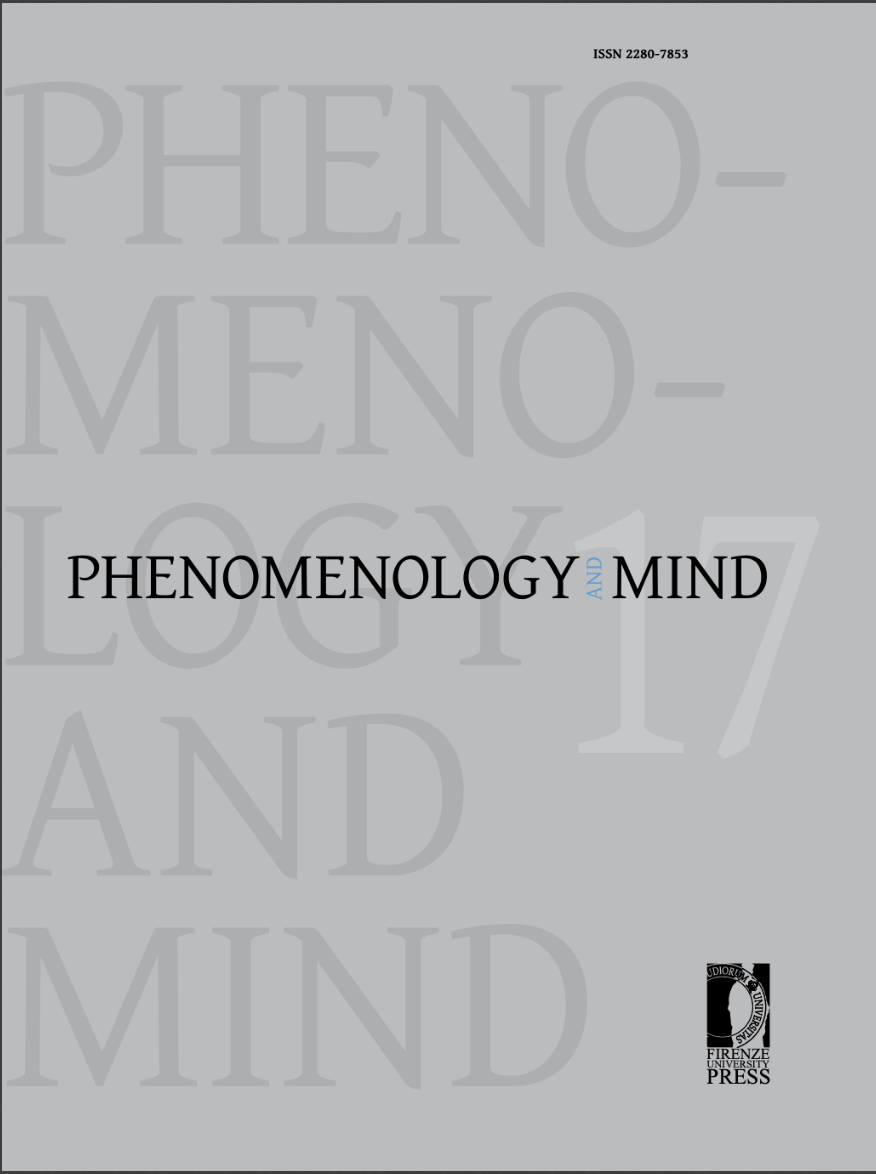Published 2016-11-27
Keywords
- speech acts,
- inferentialism,
- rationality
How to Cite
Abstract
My paper deals with Searle’s account of the normative dimension involved in the performance of speech acts. I will first critically assess the rule-based speech act theory behind Searle’s characterization of the normativity of language – arguing that this approach cannot explain what makes a certain illocutionary act the specific type of illocutionary act it is, both in literal and non-literal or indirect cases. As an alternative, I will endorse the inferentialist model of linguistic communication proposed by Bach and Harnish. Besides a benefit on the side of speech act theory, the inferentialist model – along with some suggestions offered by Grice’s later reflections about rationality – can adequately account for the normative dimension arising from language. In particular, it enables to do so by emphasizing an aspect pointed out by Searle himself: the social character of the communication situation. I will claim that the presumption about the interlocutor’s rationality could be regarded as the basic form of normativity deriving from the social character of the communication situation.

